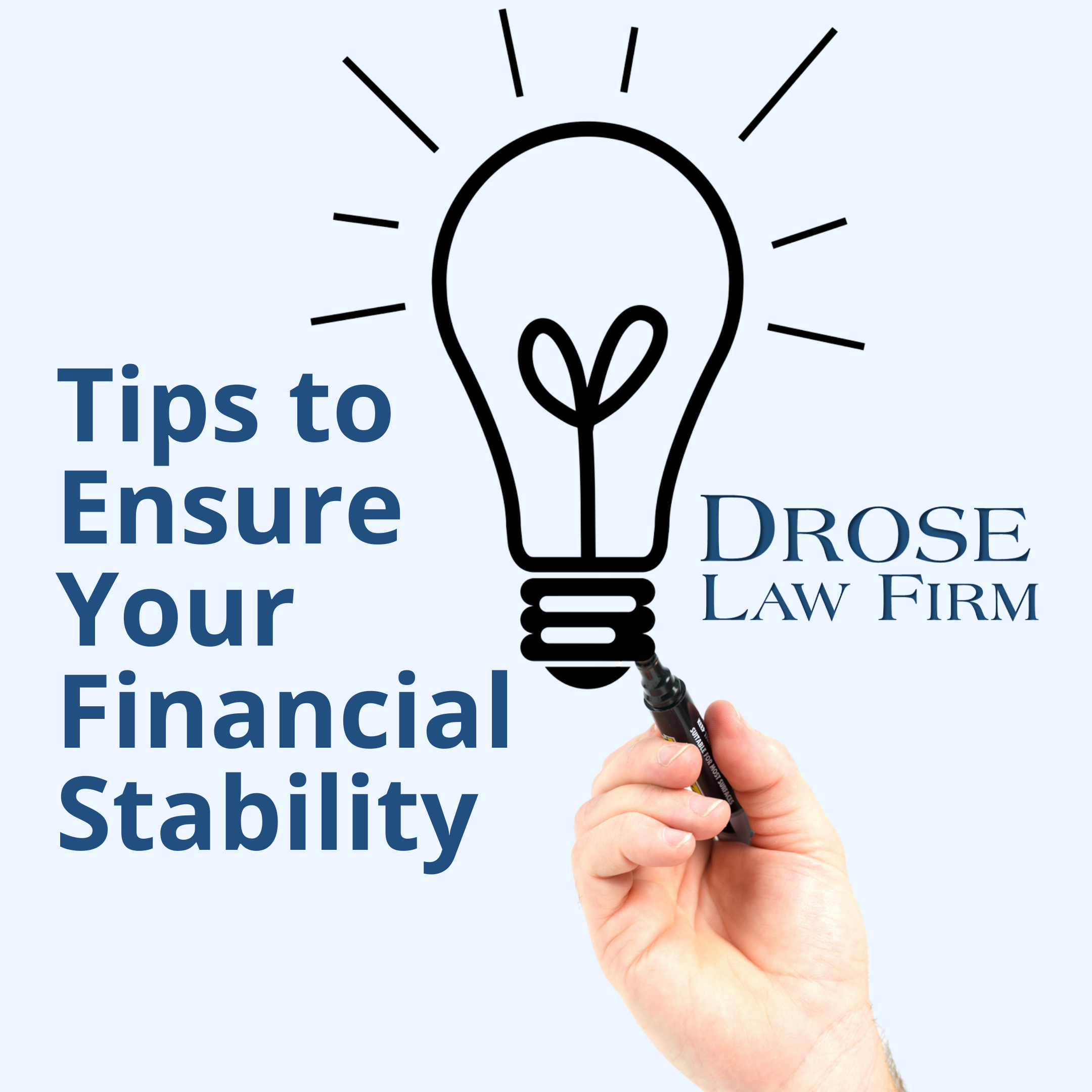The Ten Consumer Commandments
By following these “10 Consumer Commandments” you should have fewer hassles and reduce your chances of falling for a scam.
1. Thou shalt not assume.
Many consumer problems are created by simple misunderstandings that result in major problems. The best way to keep this from happening is to ask lots of questions. Don’t assume the tree service you hired to prune will haul away the debris. Ask. Don’t assume the appliance store will remove the old refrigerator when it drops off the new one. Ask. Don’t assume you can return that new computer you’re about to buy. If the return policy isn’t posted – ask.
2. Thou shalt get all promises in writing.
If it isn’t written down, it doesn’t count. Verbal promises are worthless because you can never prove what was said. If there’s a dispute, it’s your word against theirs and you have nothing to back up your claim. So, when a mortgage broker says that the bad loan will be refinanced in 6 months get it in writing and make it part of the original agreement. Or, better yet, just reject this type of offer.
3. Thou shalt do thy homework before making a major purchase.
We’re all racing around trying to do more in a day than is humanly possible. But you can’t rush the purchase of a big ticket item such as a household appliance. Take the time to research various brands and models. Read expert reviews and go online to see what customers have to say. Talk to friends and neighbors who have the models you’re considering. Use shopping bots to compare prices. The more you know before you head to the store, the more likely you are to get a good deal on the right product.
4. Thou shalt not be penny wise and pound foolish.
Cheaper is not always better. Sometimes you save money in the long run by paying a bit more up front. This applies to both products and services. You might pay more for a washing machine that is well-built and reliable, but over the long run you’ll have fewer hassles and smaller repair bills. When hiring a contractor, the lowest bidder is not always the best choice. Your goal is to find a reputable company with a good track record; one that will do a good job at a reasonable price.
5. Thou shalt not hire a contractor who just shows up at the door.
They’ll offer you a great deal on a new roof or new windows or driveway repair because they’re “in the neighborhood” and have materials left over from a previous job. Reputable contractors just don’t work that way. The Better Business Bureau website <http://www.bbb.org/alerts/article.asp?ID=582> has some great tips as well. The best advice is to just say no thanks.
6. Thou shalt not be pressured into buying anything.
A good business doesn’t need to rush you into a decision. The high-pressure buy now approach is designed to keep you from comparison shopping. Don’t fall for it. If the sales person tells you the price won’t be good if you walk out the door, turn around and leave! And, it is always to good idea to fully check out your new car on line and decide exactly what you want and what the approximate dealer’s cost is before you ever go the car lot. Come in prepared to ask for what you want and take control of the situation.
7. Thou shalt not assume a transaction can be undone.
It is amazing how many people think they can buy a car or some other expensive product, use it for a few days and bring it back if they don’t like it. They think everything is covered by the federal government’s 3-day cooling-off rule. Most purchases are not. That cooling-off rule only applies to sales of $25 or more that take place at your home or away from the company’s normal place of business. Some states have their own cooling-off periods for time share, health club or campground purchases. There is also a notice period on the refinance of a residential mortgage. The Cooling-Off Rule: When and How to Cancel a Sale: click here
8. Thou shalt not buy a used car without an inspection.
A mechanic can spot structural problems, odometer fraud and flood damage; things that won’t necessarily show up on a Car Fax report. Yes, you’ll pay $100 or so to have this done, but it’s worth the money.
It is amazing many people have a used vehicle inspected after they buy it. They think if they find a problem they can get the dealer to fix it for free. WRONG! Most used car sales are “as is where is and how is” without any warranties. Buy that vehicle and in most cases, you are stuck dealing with those mechanical problems. That’s why you want to have the inspection done before you sign any paperwork. You need to do this even if you’re told the dealer inspected the vehicle. The Federal Trade Commission website offers some help.
9. Thou shalt guard all of your personal information.
Keep your private information private. Never give out passwords, pin codes or account numbers to an unknown caller, no matter who they claim to be. There’s no way you can verify that. Never respond to an e-mail request for personal information, no matter how official it looks or how urgent it sounds. Any company you do business with already has all your personal information and will not send you an e-mail asking for it. When in doubt, contact the company by phone — use the number you know to be legitimate — and ask them what’s up. Always shred financial statements and records before throwing them out. The FTC website <http://www.ftc.gov/bcp/edu/pubs/consumer/idtheft/idt01.htm> offers ways to fight back.
10. Thou shalt be more skeptical.
We’ve all heard consumer advocates say, “If it sounds too good to be true, it probably is.” The expression has become cliché, but the advice is rock solid. If more people would follow this rule we could actually put a dent in consumer fraud. With most scams the warning signs are there, we just tend to ignore them. We let greed and gullibility replace common sense. Don’t give your hard-earned money to a con artist. Remember these rules:
- You can’t win a contest or lottery you didn’t enter — even if the prize winning notice says you did.
- If it’s a prize, it’s yours for free. You don’t have pay any money for anything or give out your credit card number.
- You can’t make lots of money doing virtually no work on a part time basis.
- You never have to pay money up front for a credit card or loan.
- No one can “guarantee” you a credit card despite your credit history.
- No one in Africa wants to give you $5M to help you process the money of a deceased family member.












